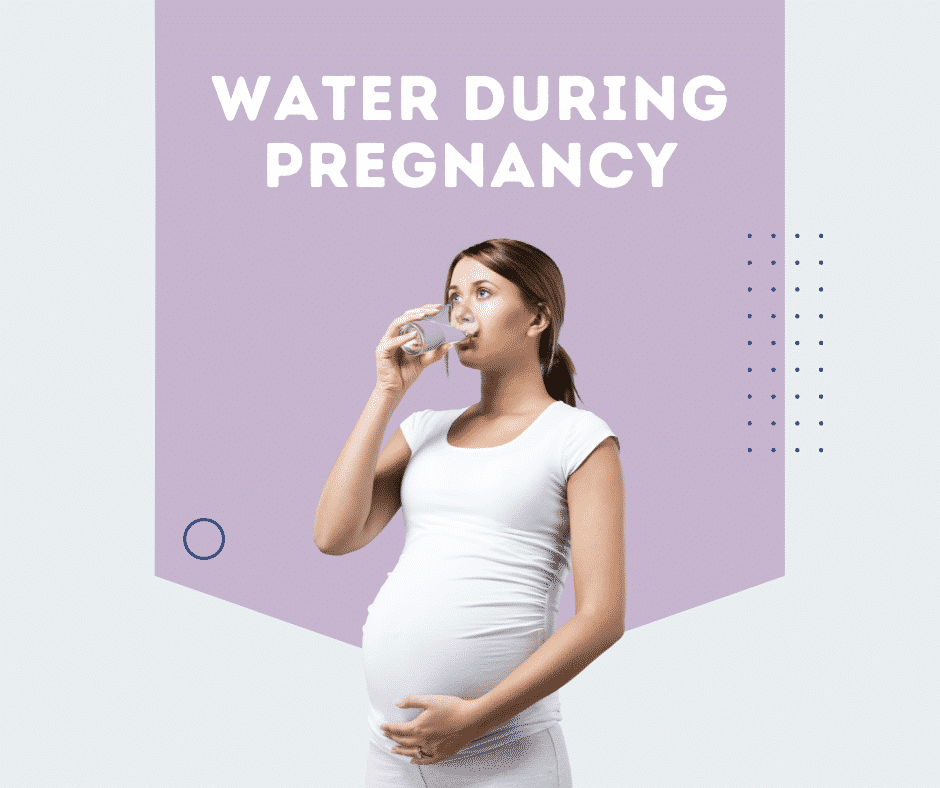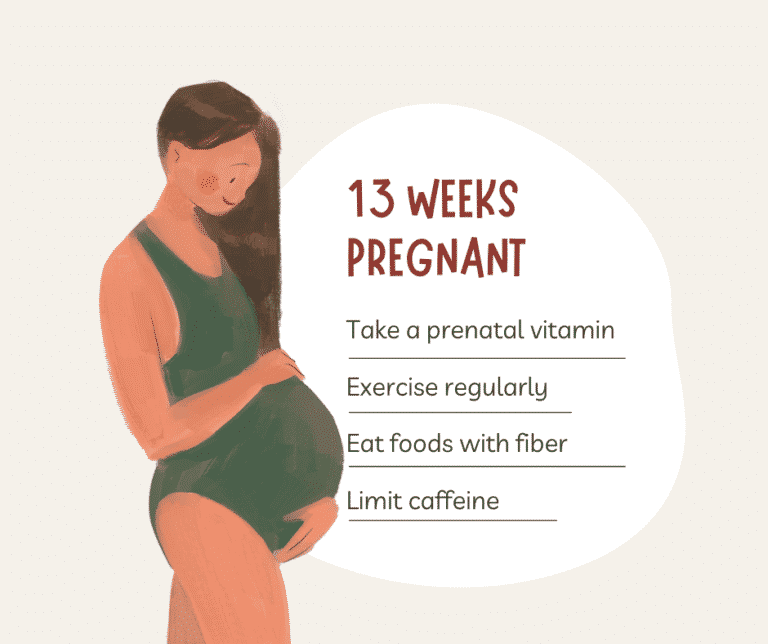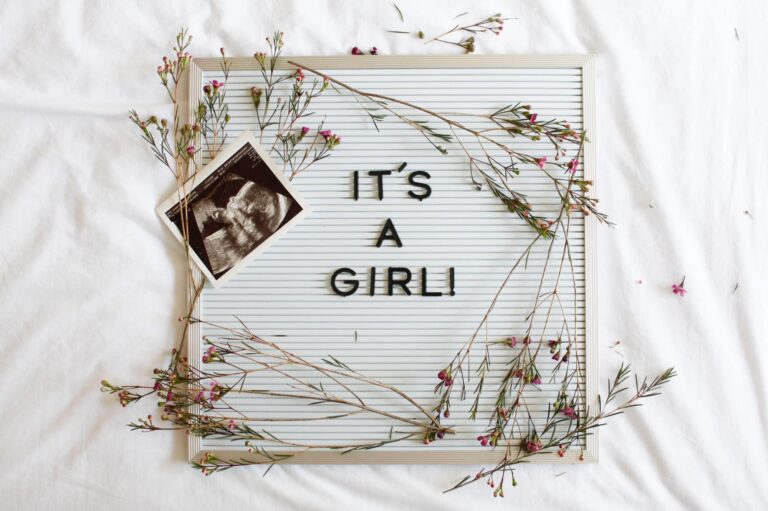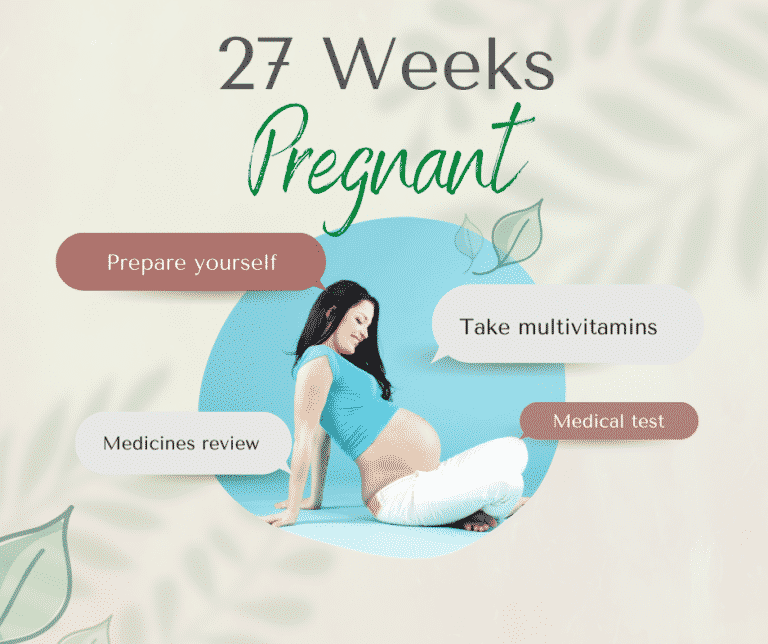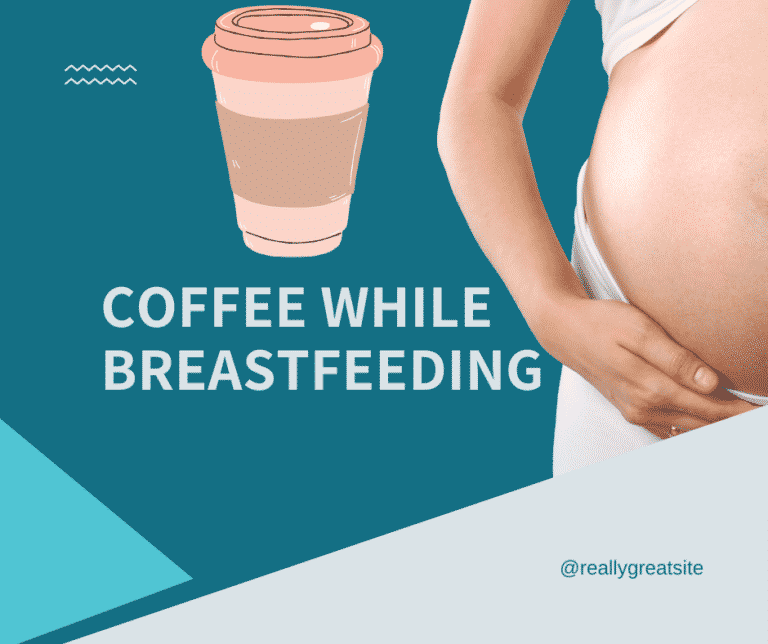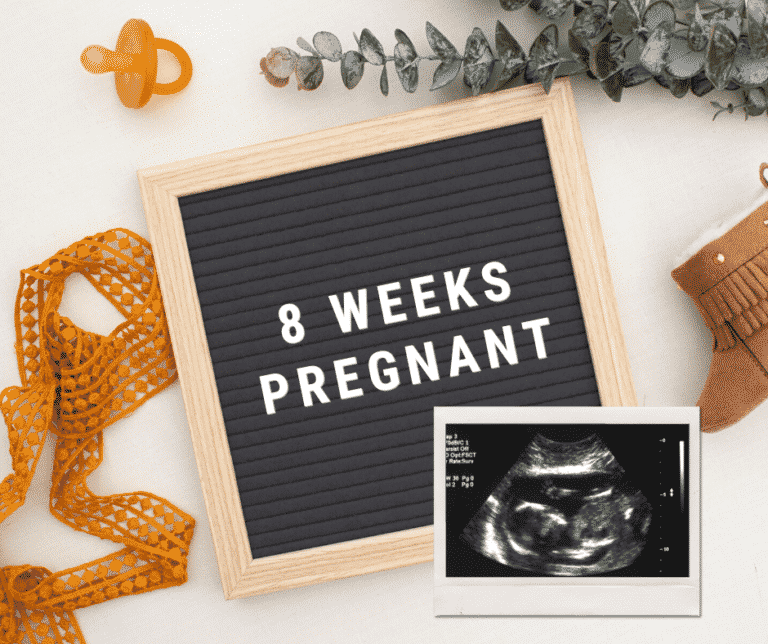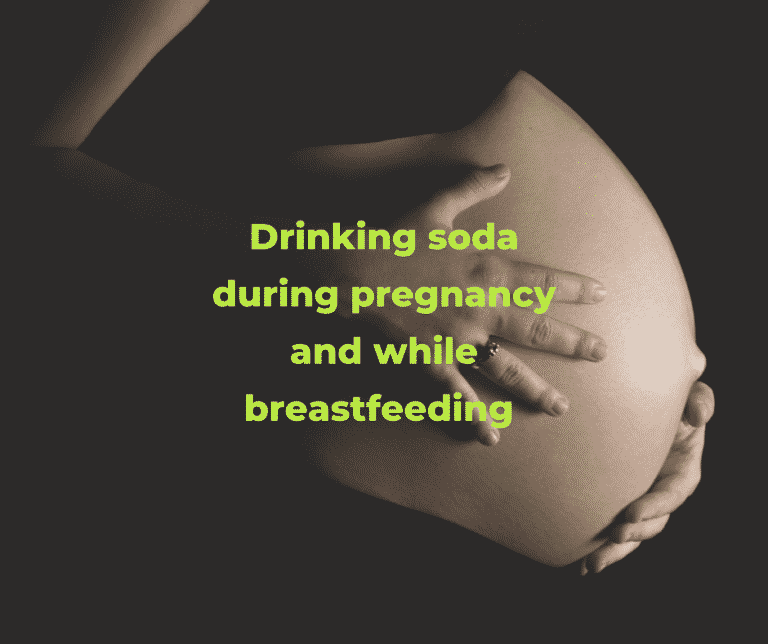How much water should a pregnant woman drink?
Published on April 29, 2022 – Last Updated on April 29, 2022
Are you pregnant and feeling confused about how much water to drink? You’re not alone! Most pregnant women aren’t quite sure how much water they need each day. This blog post will help clear up the confusion and provide clear guidelines for how much water a pregnant woman should drink. By the end, you’ll know exactly how much fluids to aim for each day—and why staying hydrated is so important for you and your baby.
What happens if I don’t drink enough water?
Pregnant women are often told that they need to drink enough water. But what happens if you don’t drink enough water during pregnancy?
Dehydration can cause a number of problems for both mother and child. During pregnancy, the amniotic fluid helps to protect and cushion the baby. If the mother is dehydrated, the amniotic fluid levels can drop, putting the baby at risk. In addition, dehydration can cause Braxton Hicks contractions, which can be painful and may lead to premature labor. Finally, dehydration can cause maternal hypotension, which can lead to fainting and dizziness.
Of course, you should drink while pregnant sufficiently fluids to stay hydrated. But how much water is enough? The Institute of Medicine recommends that pregnant women drink at least 8 glasses of water per day. However, many women will need more than that, especially if they are exercising or living in a hot climate. The best way to know if you’re drinking more water is to pay attention to your body’s cues. Drink when you feel thirsty and don’t wait until you’re already dehydrated. By following these simple guidelines, you can help ensure a healthy pregnancy for both you and your baby.
What are the signs of dehydration during pregnancy?
During pregnancy, it is important to be mindful of your water intake, as dehydration can have serious negative effects on both you and your baby. Some common signs of dehydration include fatigue, difficulty concentrating, headaches, increased heart rate, muscle cramps, and dizziness. Additionally, if you are experiencing morning sickness during pregnancy, this can actually be a sign of dehydration. This is because nausea coupled with vomiting can increase water loss from your body. If you are pregnant, it is important to drink plenty of water throughout the day in order to stay properly hydrated.
You should aim to have at least 8 glasses of water a day, but ideally more than that depending on your level of activity. Additionally, drinking tap water instead of sugary beverages can help prevent water retention and bloating during pregnancy. By being mindful of these signs of dehydration and working to create healthy habits around water intake, you can keep yourself and your baby safe and healthy during this important time.
The symptoms of dehydration include pale yellow urine, headache, fatigue, and dizziness. If you experience any of these symptoms while pregnant, it is important to drink more fluids in order to stay properly hydrated. Additionally, drinking water can help prevent morning sickness and fluid retention during pregnancy.
Is drinking too much water harmful during pregnancy?
Pregnant women are often advised to drink eight glasses of water a day, but is this really necessary? While it is important to stay hydrated during pregnancy, drinking too much water can actually be harmful. Excess water can lead to water intoxication, which can cause symptoms such as nausea, headaches, and fatigue. In severe cases, it can even cause seizures or coma. So how much water should you drink during pregnancy?
The best way to stay hydrated is to drink when you’re thirsty and drink mostly plain water or sparkling water. If you’re concerned about the quality of your tap water, you can always filter it or drink bottled water. But avoid sugary drinks, caffeine, and alcohol, as these can actually dehydrate you. So drink up, but don’t overdo it!
🤰More on pregnancy:
- Can you drink soda while breastfeeding?
- Fish Oil During Pregnancy
- Can I drink decaf coffee while pregnant
- Can pregnant women drink coffee
- Coffee While Breastfeeding
- Can you drink coffee while pregnant?
- Orange juice during pregnancy
- Can you drink liquid iv while pregnant
How much water should I drink during pregnancy?
During pregnancy, drinking enough water is absolutely crucial in order to support the optimal growth and development of your baby. The recommended amount of water per day is around 8-12 cups or roughly half a gallon. This can include drinking plenty of fluids throughout the day, drinking water, and occasionally indulging in fruit juices or other beverages that are made with water. Furthermore, drinking the right amount of water will help to prevent minor issues like dehydration or constipation and will also help with more serious complications such as preeclampsia or premature delivery.
Furthermore, drinking sufficient water has an impact on your baby’s growth and development too. Early on in pregnancy, drinking enough fluids is important for helping your baby to grow at a healthy rate, while later on the increased blood flow from the extra water intake helps to ensure that your baby develops fully and receives all necessary nutrients for proper growth and development into adulthood. So if you’re worried about how much water you should drink during pregnancy, just remember that drinking enough is essential for supporting your growing baby and ensuring their long-term health and wellbeing!
Health benefits of drinking water
To stay healthy, our bodies need water. Not only does water lubricate and cushion our joints, but it also helps to eliminate waste and regulate body temperature. Drinking water on a regular basis has numerous health benefits, including improved cognition and a lower risk of urinary tract infections. Additionally, water has been linked to better skin health and reduced risk of certain cancers. But while water is essential for everyone’s well-being, many people do not drink enough water throughout the day. This is especially true for those who rely on other liquids such as fruit juice or soda for hydration.
To fully reap the benefits of drinking water, it is important to make it your primary source of hydration. That means carrying a water bottle with you wherever you go and sipping water throughout the day. Choosing water over sweetened beverages will help you avoid unnecessary calories and prevent pregnancy complications like gestational diabetes or high blood pressure. Ultimately, staying well-hydrated is one of the easiest ways to maintain good overall health and prevent a range of serious illnesses down the road. So if you want to be your best self, start drinking more water today!
The body can produce extra blood volume to support an increase in the baby’s blood volume. The baby’s growth also presses on the veins and reduces the return of blood to the heart. These factors all make pregnant women more susceptible to dehydration and heat exhaustion.
Dehydration can cause preterm labor, so it’s important for pregnant women to stay hydrated. If you’re not drinking enough fluids, your urine will be a darker yellow. You should also be drinking enough fluids to produce about 2.5 quarts of urine a day.
Pregnant Women’s Fluid Intake
Pregnant women are often advised to drink plenty of fluids, but there is some debate about what types of fluids are best. Some experts recommend drinking only water, while others suggest including juices and milk. However, the most important thing is to make sure that you are drinking enough fluids to stay hydrated. Here are some guidelines for pregnant women’s fluid intake:
- Drink eight or more glasses of fluid every day, including water, juice, and milk.
- Drink extra fluids in the third trimester to avoid dehydration and help your body cope with the added stress of pregnancy.
- Be sure to drink fluids even if you are not thirsty. Many pregnant women do not feel thirsty until they are already dehydrated.
- Drink tap water whenever possible. It is the safest and most economical option.
There are many benefits to drinking a lot of fluids during pregnancy, including reducing the risk of preterm labor, constipation, and urinary tract infections. So be sure to keep up your fluid intake throughout your pregnancy to stay healthy and hydrated.
Conclusion
Drinking fluids is an essential part of staying healthy and maintaining overall well-being. For expectant women, this is especially true, as adequate hydration helps to support both mom and baby throughout the course of pregnancy. Drinking water is one of the best ways to ensure that you are getting enough fluids, but some other beverages can also play a role in your fluid intake. So if you’re wondering how much water to drink during pregnancy, just remember that the key is to stay hydrated by drinking enough fluids every day. And best of all, staying well-hydrated will help you feel your best and support a healthy pregnancy!

